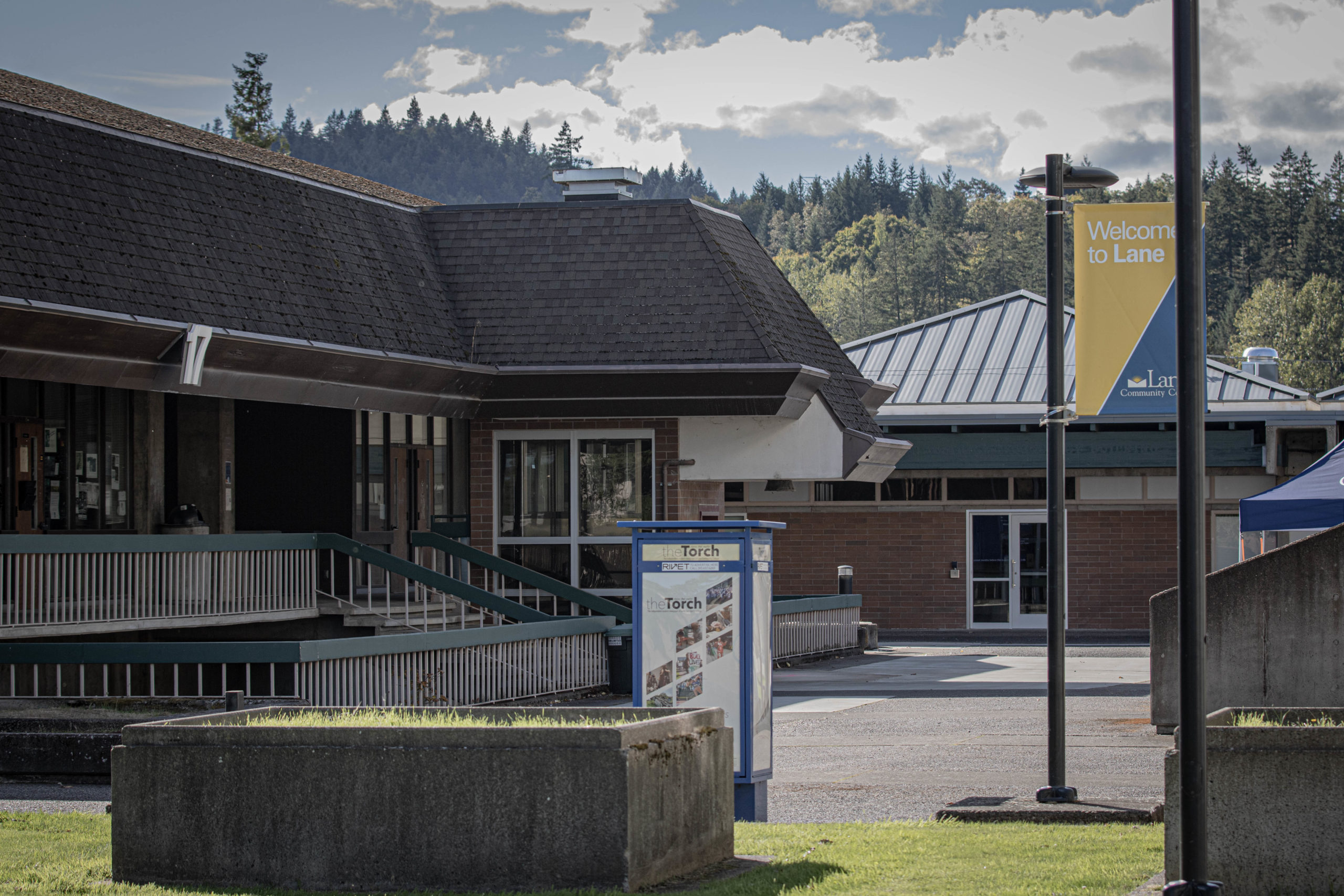
Lane Community College’s Board of Education held its monthly meeting April 6. They discussed the college’s student activity fee, technology fee, the Green Energy Technology Law and tuition rates.
President Margaret Hamilton began the meeting by informing the community about the Consolidated Appropriations Act of 2022, which Congress passed last month. The bipartisan proposal now contains a budget for Community Project Funding in the House and Congressionally Directed Spending in the Senate. Lane Community College has been granted $1.25 million for the proposed health clinic at the LCC Cottage Grove Center and $500,000 for the LCC Aviation Academy at the request of Congressman DeFazio.
Two of the four individuals, Jeffery Nutting and Tracy Weimer, who spoke during the period allocated for public comments, expressed the importance of, and advocated for, Specialized Support Services, otherwise known as S3. Nutting stated that he heard that S3 was on the table for closure due to some undisclosed budget reasons.
“S3 has been a part of the college for almost 50 years. It has diversity and models inclusion. It gives an opportunity for a section of the population that in the past has been put in a corner and hidden away.”
Discussion on the Proposal for an Increase in Student Activity Fee
Board member Steve Mital wanted to review the proposal of a 50 cent increase in the student activity from $63.07 to $63.57. This increase was proposed by members of OSPIRG, a student organization on campus that revolves around public-interest issues like climate change and textbook affordability. Mital mentioned that while OSPIRG did the things necessary and had documentation to push for the increase, there was a lack of reasoning for such an increase.
“I just didn’t see clear information about what their budget issues are, what their budget is currently, what the constraint is, or the need to justify an additional 50 cents. We don’t have information about what they might do with an additional 50 cents.”
Mike Eyster agreed with the proposal to increase the student activity fee but stated that he agreed with the view of Mital.
“I think it is reasonable in the future for groups that are asking for an increase to provide some rationale for it.”
Five out of the seven board members of Lane’s Board of Education voted in favor of the increase.
Technology fees increase in summer
The information technology department requested an increase in the Technology Fee to prevent any interrupted or reduced services for students. This increased fee could benefit the students since it would ensure that they get the best and most sustainable technology services during their enrollment. The cost of hardware has also been on the rise, so the increase of the technology fee from $11 to $13 would cover that inflation. All board members voted in favor of the motion for the $2 increase. This increase will start in the summer term.
Exemption from Green Energy Technology Law
Jennifer Hayward, the Director of Facilities Management and Planning, brought up a recommendation for the board to make an exemption from the 1.5% for Green Energy Technology Law of Oregon. Hayward outlined that the law has specific requirements for what technologies are allowed. Some of the provisions in the law are not as sustainable as the college would like to be. The request for Lane to be exempted from the law would allow the college to pursue cost-effective renewable energy and energy-efficient projects that could have much more of a positive impact on greenhouse gas reductions. Two of the projects in the planning stages include introducing a ground source heat pump system and implementing energy-efficient strategies.The board voted unanimously in favor of this proposal.
Increase in Tuition Rates
There was a proposal by Dr. Paul Jarrell, the Provost and Executive Vice President, to increase tuition rates. The proposal outlined the following increases for the 2022-2023 academic year:
- Resident Students: $132.50 per credit hour (5%, $6.50 per credit increase)
- Non-Resident Students: $307.50 per credit hour (5%, $14.50 per credit increase)
- Non-Resident Online Students: $132.50 per credit hour (5%, $6.50 per credit increase)
- International Students:
- $330 per credit up to 5 credits per term
- $2,150 per term for 6 to 8 credits per term
- $3,150 per term for 9 to 11 credits per term
- $3,750.00 per term for 12 to 18 credits per term
- $330 per credit for each credit above 18 credits per term
- Non-Credit Students: $5.00 per contact hour (11%, $.50 per hour increase)
According to Jarrell, “when looking at the revenue needs of the college, both through our shared governance process and through our administrative balancing options, we did determine that in order to not risk impacting the operations of the college too negatively, we would need to generate some additional revenue from tuition.”
Jarrell also mentioned that the increase in tuition fees would allow the college to meet the revenue projections necessary to contribute to a balanced budget. If there were no increase, it would result in the college having to cut costs, reduce services, and possibly remove a few programs. There are plans to explore alternative tuition models for the 2023-2024 academic year. Five out of the seven board members voted in favor of this increase.

